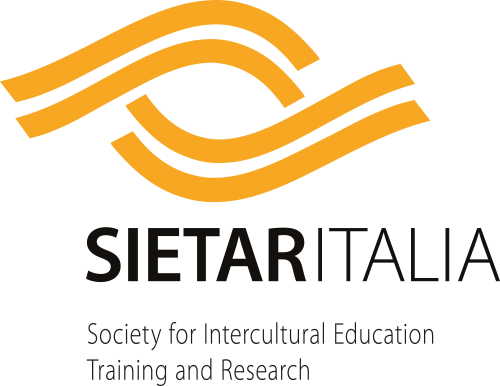Educandato
- MILANThe behavioural DNA of globally mature organisations: finding it, spreading it and tracking it
Speaker: David Trickey – TCO International
In the summer of 2014 TCO International was approached by a Diversity & Inclusion team within a Fortune 100 pharmaceuticals company with the following questions ‘How globally mature as an organization are we? How can we identify and fill the gaps and track the results? And by the way, can you find the answer quickly and present it to 150 of our top leaders at our next leadership gathering in six weeks’ time?’
I will present the consultancy-based approach which my colleagues and I took in responding to this tough set of questions, describing the different elements in preparing for and delivering the leadership event. You will also get a recent update on progress, 12 months after the initial tracking of the behaviours started, including some of our frustrations with the client’s ‘gap closing’ activities. To build an organisational culture based on intercultural effectiveness we believe it is necessary to spread the amount of ‘doing’ which supports this aim, where the culture develops out of activism (doing things and engaging others in doing these things too), rather than advocacy (explaining that it is good to do certain things).
We set out to identify observable and unequivocal behaviours (the DNA of global maturity), rather than competencies, attributes or attitudes. This would give us clearer measurement of organisational culture as we could simply ask people to look around them and report the degree to which they noticed this behaviour happening (or not). It is difficult to ‘see’ a global mind-set (so why even bother asking people to have one!)
David Trickey
David Trickey is a Senior Partner with TCO International with a role of global people development strategist for multinational companies. Over recent years, through his work in Viral ChangeTM Italy, he has been involved in numerous projects to develop concrete behaviours to spread widely across organisations as a way to build a new culture at work. He believes that intercultural effectiveness on a large scale is best disseminated through peer-to-peer influence, rather than purely through training. He also believes that for SIETAR to truly achieve its mission, members need to think beyond the next ‘course’ or coaching session and become centrally involved in the global strategy of the organisations they serve. His is co-author, with members of the Fiat Group, of the book Managing Challenges across Cultures: a multicultural project team toolbox (McGraw-Hill, 2015).
Where
Educandato Statale Emanuela Setti Carraro dalla Chiesa
Via della Passione, 12
Milan

